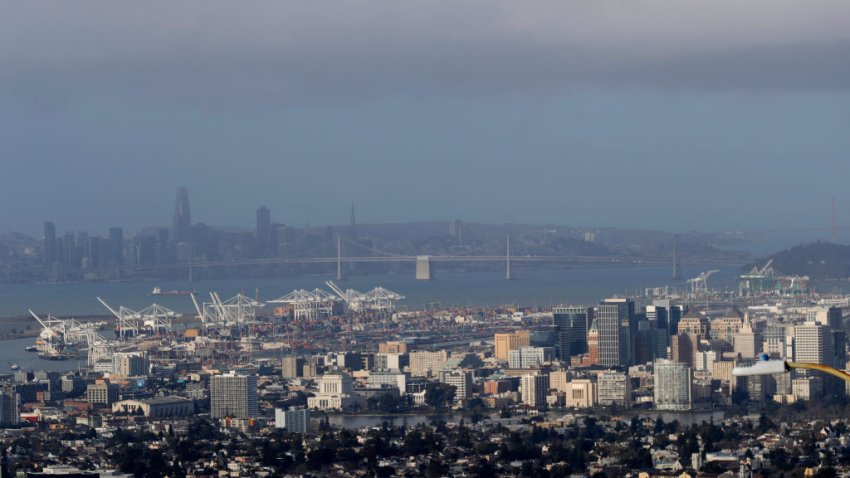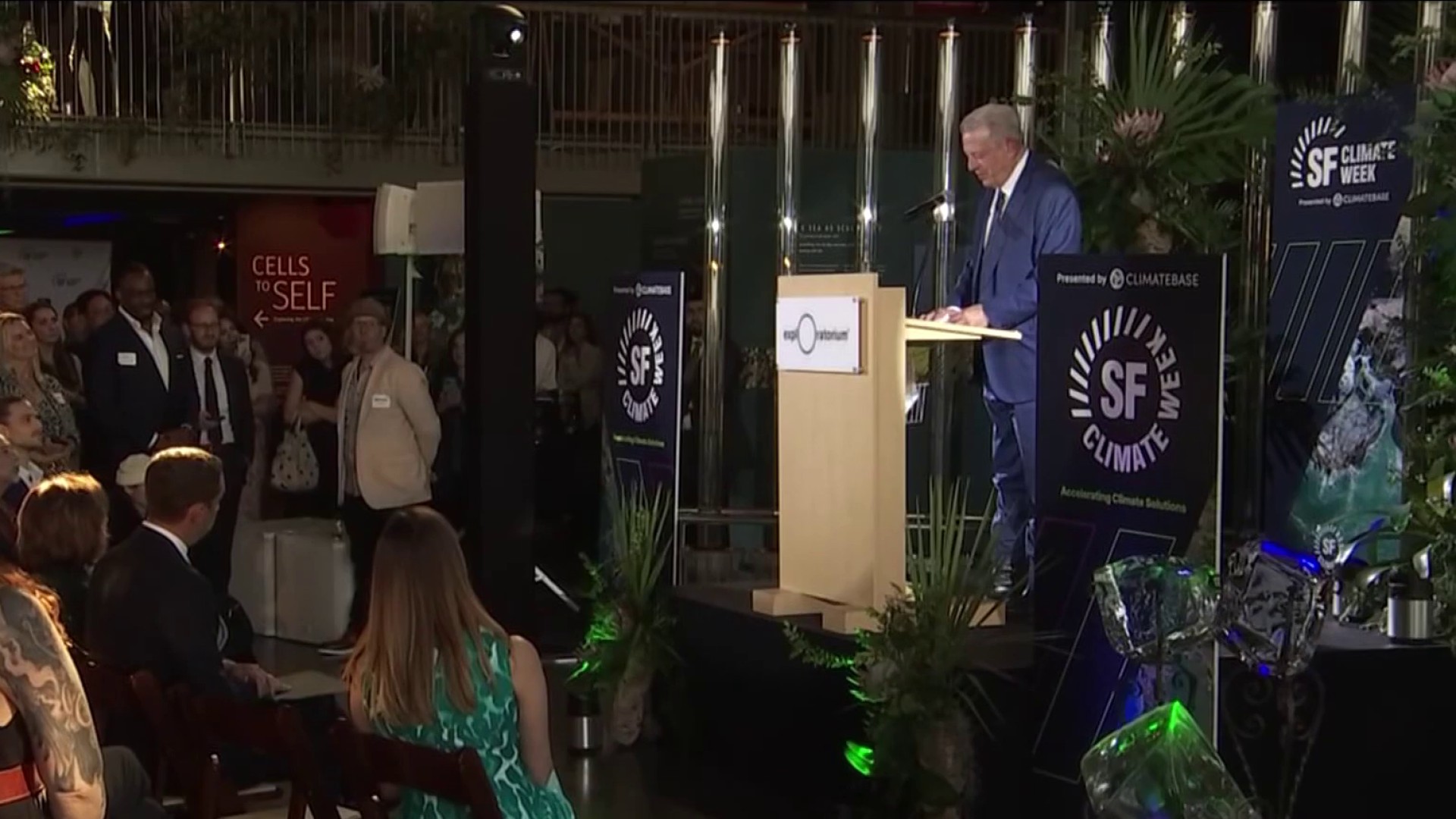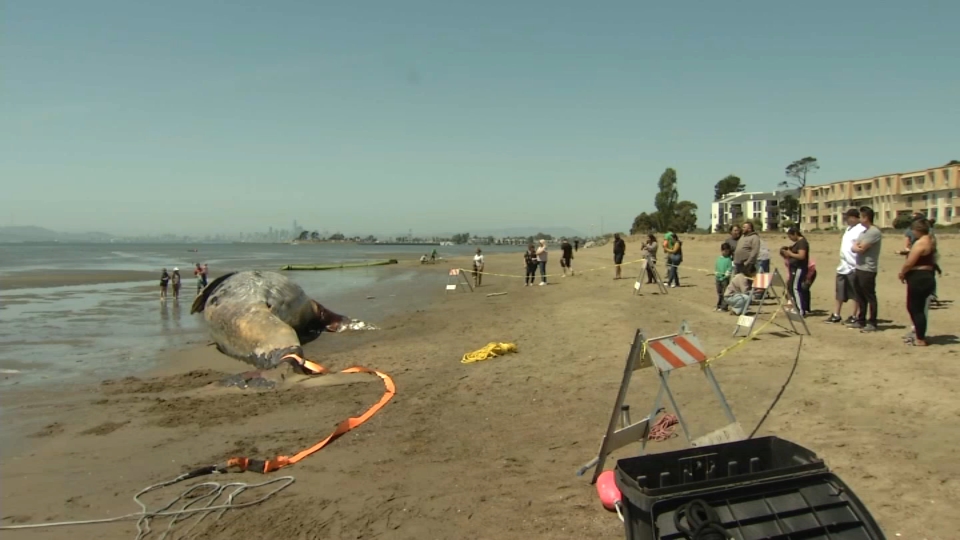Oakland Mayor Sheng Thao delivered her first State of the City address on Tuesday amid widespread frustration over rising crime and a murky future for the East Bay’s largest city. Velena Jones reports.
Oakland Mayor Sheng Thao delivered her first State of the City address on Tuesday amid widespread frustration over rising crime and a murky future for the East Bay's largest city.
The mayor in her nearly hour-long speech addressed rising crime, homelessness and affordable housing, clean and healthy neighborhoods, and economic opportunity. But no topic got more attention than the city's rising crime rate, which Thao said is unacceptable.
"Making Oakland safer for children, families, businesses, and visitors is the first thing I think about when I wake up in the morning and the only thing on my mind when I fall asleep at night. Community safety is Oakland’s top priority,” Thao said. "Oakland will aggressively pursue a comprehensive community safety strategy by investing in a more robust and accountable police department, strengthening our violence prevention initiatives, and utilizing technology to modernize our investigations and disrupt criminal networks. We can and will do better, and together, we will fight for the resources we need to promote a strong, safe, and thriving Oakland."
The crime numbers compared to a year ago are the biggest concern among city officials and residents:
- 21% increase in violent crime
- 34% increase in robberies
- 38% increase in burglaries
- 2% decrease in homicides
One of the other issues is the lack of a permanent police chief since Thao fired LeRonne Armstrong in February. Thao has been at odds with the police commission, which is tasked with finding candidates for her to consider.
Last month, Oakland’s 911 system went down for 30 hours and had a large volume of "abandoned calls," which are classified as such when someone dials 911 for help but hangs up before the call is answered. Thao has since announced a $2.5 million upgrade in the system.
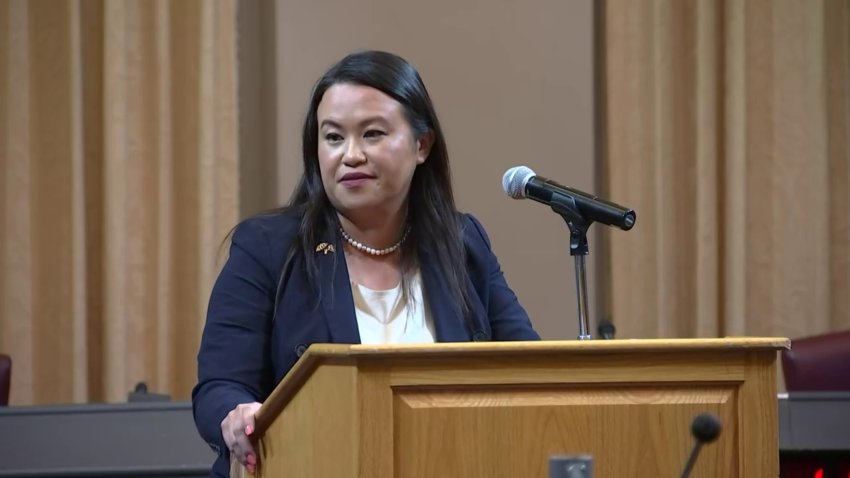
The mayor in her State of the City outlined the following her administration will be focused on in the coming year as part of Oakland's safety strategy:
Get a weekly recap of the latest San Francisco Bay Area housing news. Sign up for NBC Bay Area’s Housing Deconstructed newsletter.
- Recruiting new dispatchers, taking deliberate steps to retain veteran dispatchers, and replacing our antiquated Computer Aided Dispatch system in order to improve 911 answer times.
- Adding new community ambassadors in the busiest business corridors throughout the city and new security personnel, security cameras, and other additional infrastructure will also be in place to enhance public safety in time for the holidays.
- Installing 300 new automated license plate readers (ALPR) throughout Oakland to collect evidence more quickly, pinpoint leads and identify vehicles, even those with stolen plates or no plates.
- Enforcing traffic safety by deploying cameras to enforce speed limits. Last week, Governor Gavin Newsom signed AB645 into law, allowing Oakland and a handful of cities to implement this program.
- Strengthening Operation Ceasefire, which is Oakland’s evidence-based strategy for reducing community violence. Oakland has enlisted the help of a nationally recognized consultant, the CPSC, to provide a clear picture of what is working well and what can be improved.
Thao also announced the launch of "Oakland Fresh," an initiative to address the abandoned cars, illegal dumping and blight that have spread through city streets.
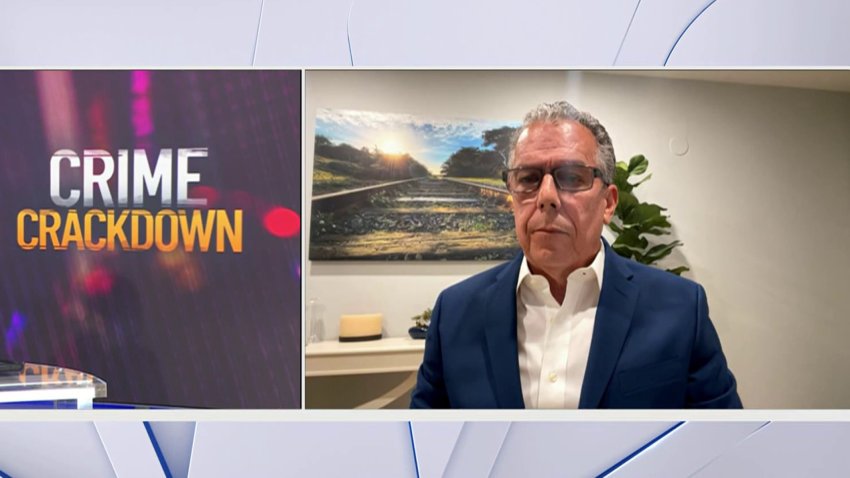
"I'm here to tell you, we will get through this together," Thao said. "We will rise. We will come out together on the other side stronger and safer and a more united Oakland. Because Oakland, our challenges remain great, but remember our people remain greater."
The community organization Neighbors Together Oakland held a news conference Tuesday morning to decry the wait for the mayor’s address, which they said is two weeks overdue.
"None of that is taking care of our crime and none of that shows affective policy," said Tuan Nguyen, with Neighbors Together Oakland. "She is completely unaccountable. She is completely absent. She has failed us. The leadership has failed us and the people of Oakland demand more."
